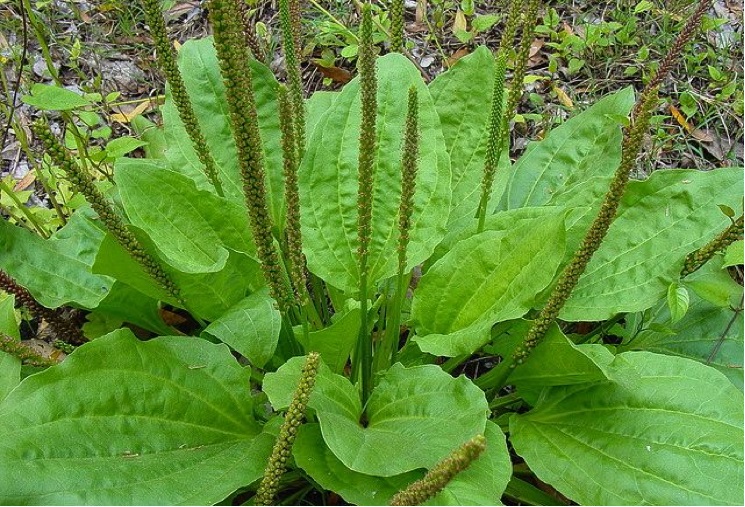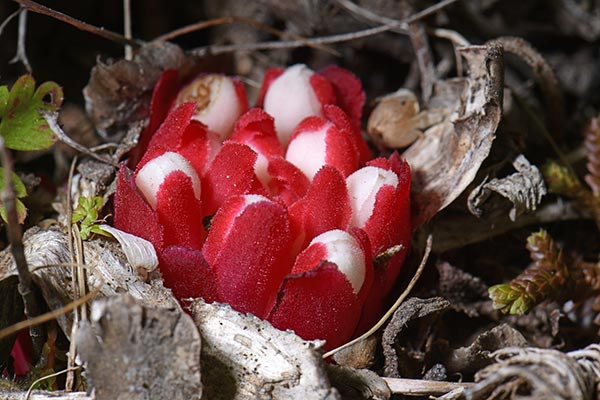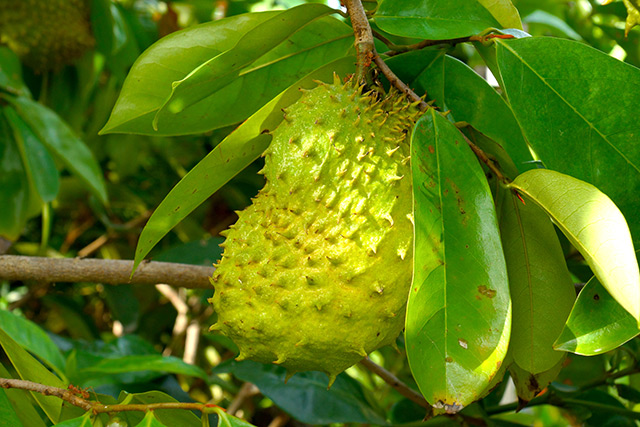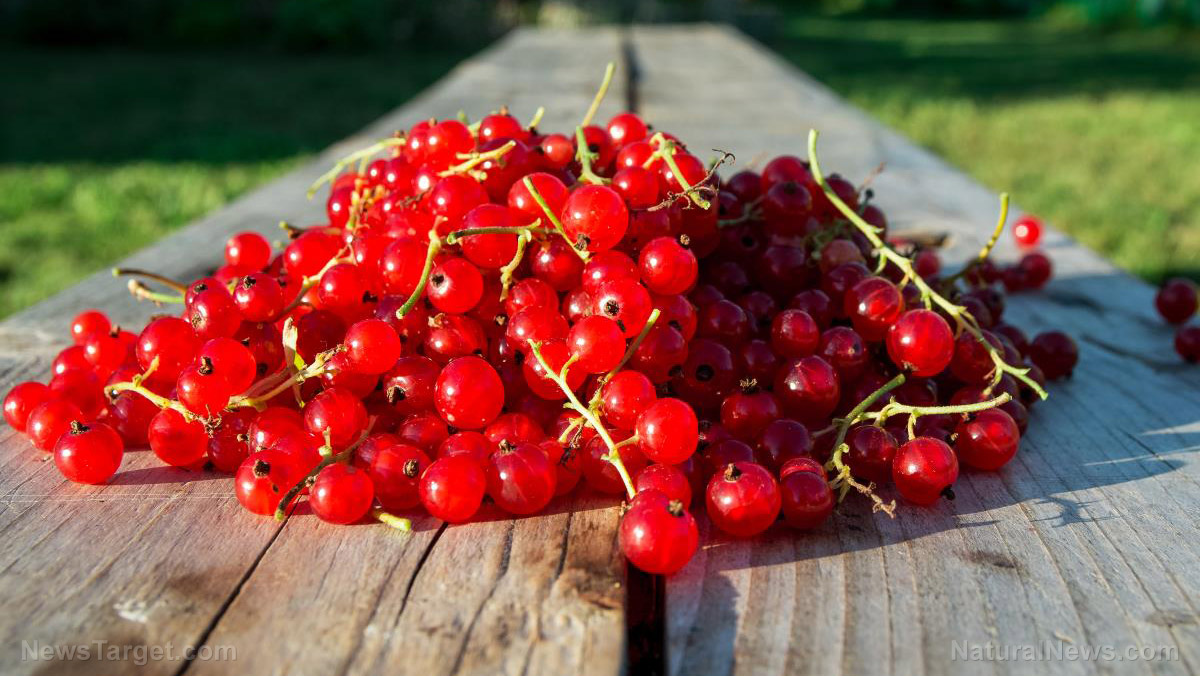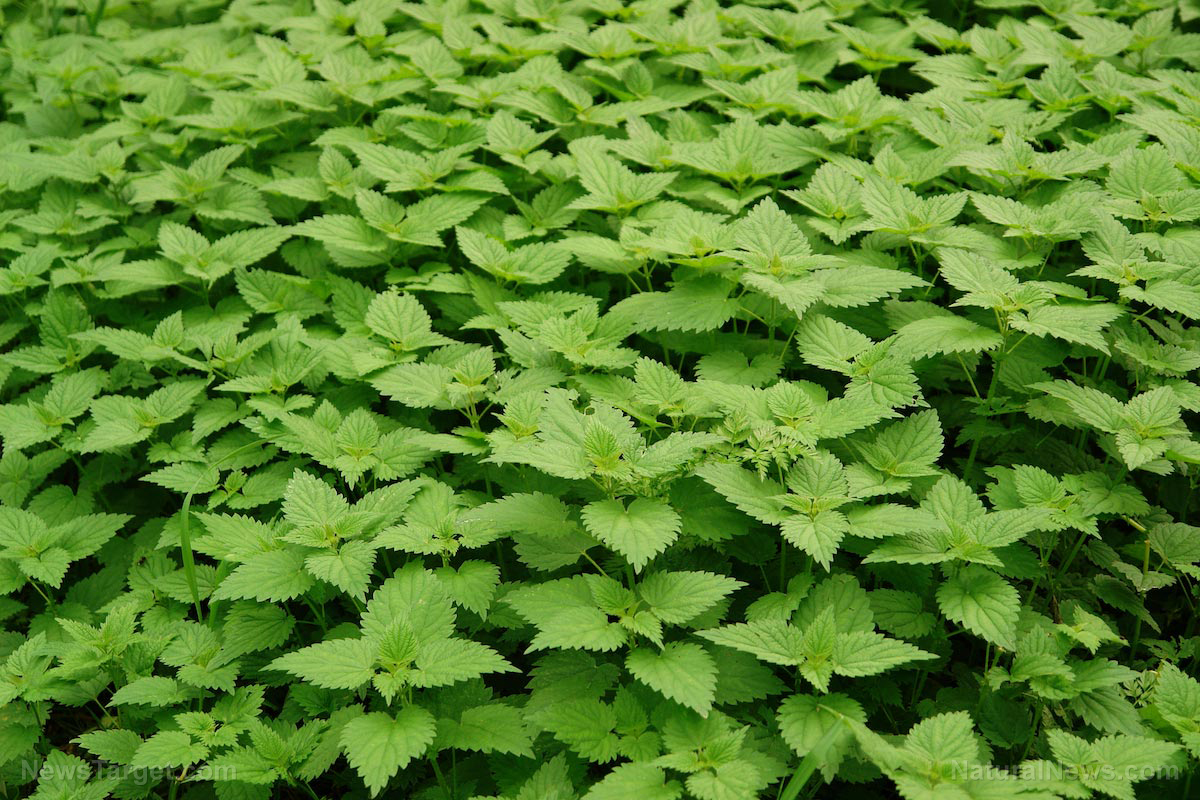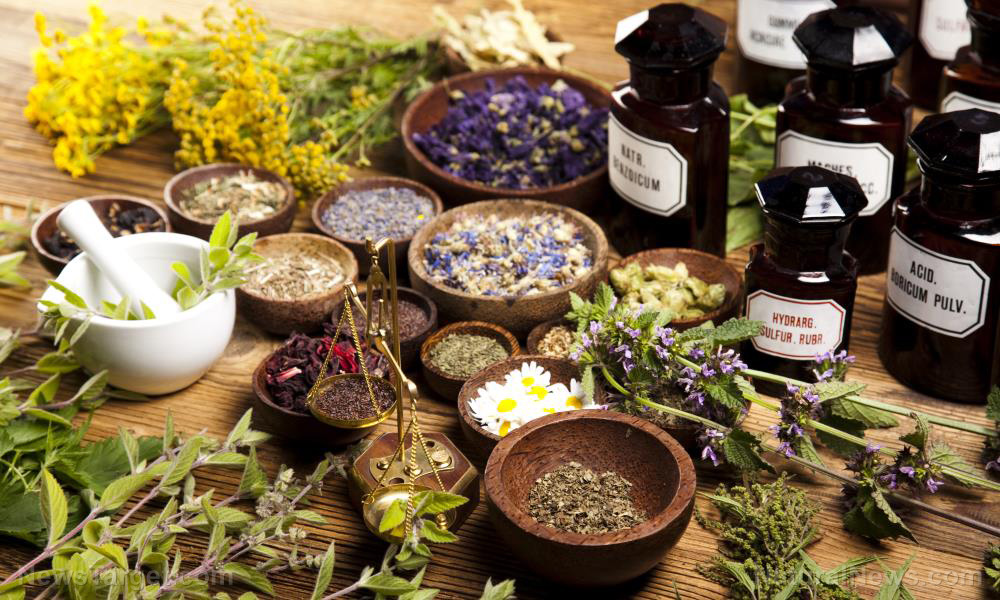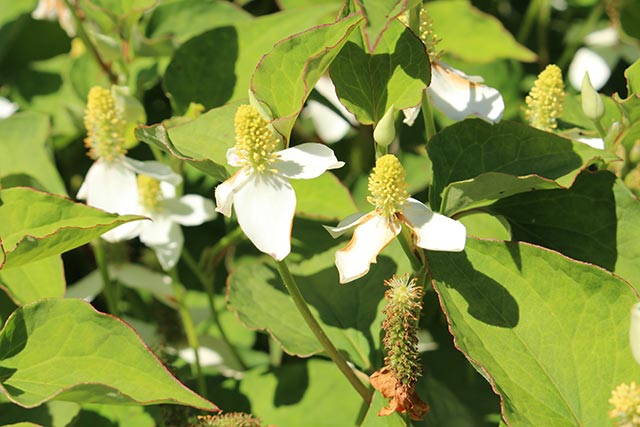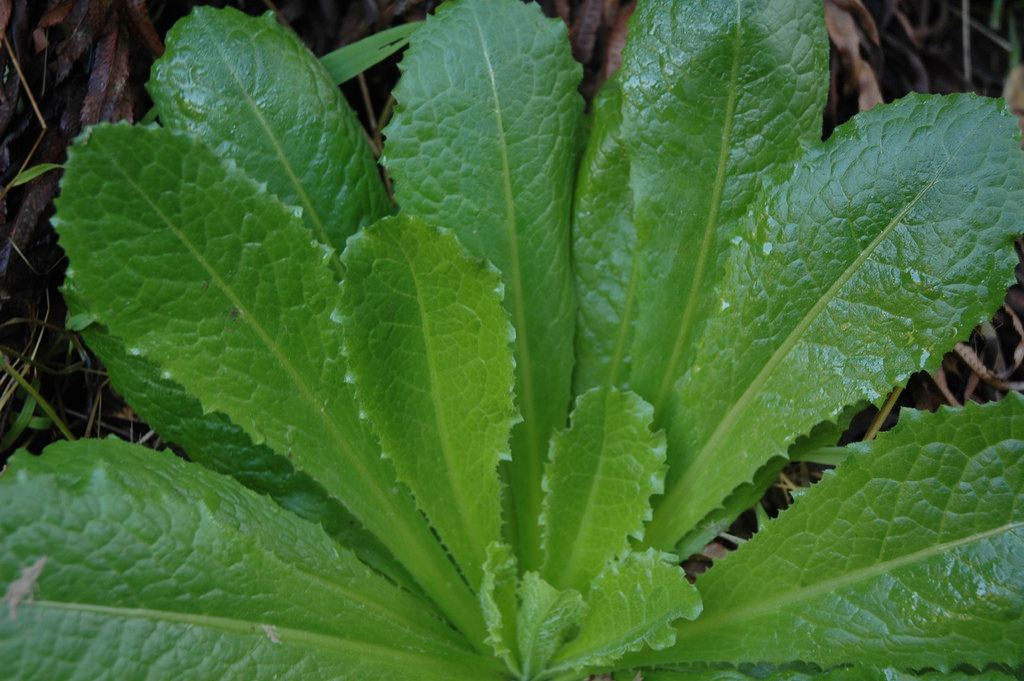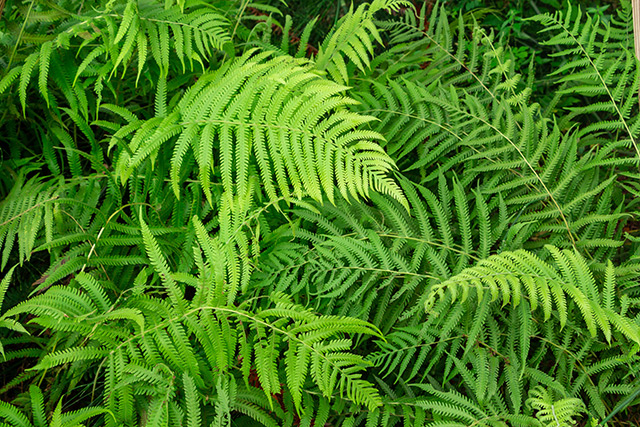Keep cancer at bay with these 5 tropical plants
12/19/2019 / By Darnel Fernandez
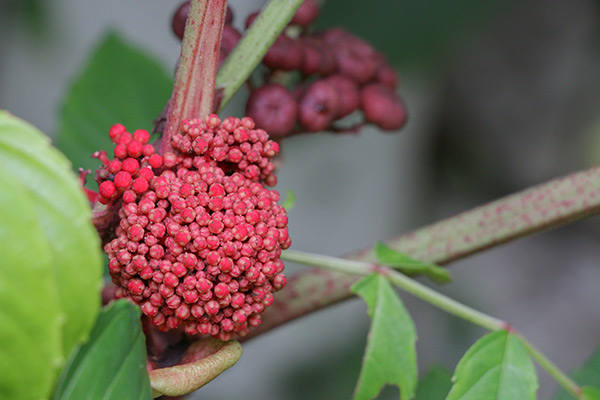
Cancer is one of the leading causes of death around the world. The American Cancer Society estimates that more than 1.7 million new cases will be diagnosed in the U.S. this year, and about 606,880 of them will be fatal.
But all hope is not lost: According to recent studies, certain plants used in traditional medicine have powerful anti-cancer properties that can help fight this disease. For instance, a study published in the Journal of Ethnopharmacology found that some tropical plants are surprisingly effective at inhibiting the growth of different types of cancer.
Cancer-fighting plants in traditional medicine
Researchers in Singapore have been investigating the pharmacological properties of local tropical plants for years. Many Southeast Asian countries are currently experiencing rapid urbanization that is transforming their landscape as well as their culture. Because of the lack of research on the medicinal effects of local plants in their area, the researchers decided to explore and document their health benefits.
For their study, the research team focused on seven plants traditionally used as cancer medicine. These medicinal plants were bandicoot berry (Leea indica), Sabah snake grass (Clinacanthus nutans), fool’s curry leaf (Clausena lansium), seven-star needle (Pereskia bleo), black face general (Strobilanthes crispus), South African leaf (Vernonia amygdalina) and simpleleaf chastetree (Vitex trifolia). To examine their effects on cancer, the researchers prepared extracts from the fresh, mature leaves of these plants and used them to treat breast, ovarian, uterine, cervical, leukemia, liver and colon cancer cells.
The researchers discovered that bandicoot berry, South African leaf and simpleleaf chastetree can effectively inhibit the growth of different types of cancer. They also found that fool’s curry leaf and black face general have protective effects against some cancers.
While Sabah snake grass is commonly used by people in Singapore to fight cancer, the researchers were surprised to find that this plant wasn’t effective at inhibiting the growth of cancer cells. They speculated that this plant serves a different purpose other than killing cancer cells.
According to senior study author Hwee-Ling Koh, medicinal plants have been used since ancient times to treat various ailments. However, their anti-cancer properties have not yet been fully explored. (Related: The cat’s claw plant has been recognized for its effects on cancer for almost 100 years.)
“Our findings provide new scientific evidence for the use of traditional herbs for cancer treatment, and pave the way for the development of new therapeutic agents,” said Koh.
The researchers added that there is a need for further research to accurately identify the anti-cancer compounds in these plants. They also warned that people should not be self-medicating with medicinal plants without consulting their health care provider first.
Foods for health
The Singaporean study shows that medicinal plants can be used to treat cancer. But besides these plants, other natural medicines that help prevent the growth of cancer exist.
What you eat drastically affects your health, especially your risk of developing chronic diseases like cancer. While no food can magically make cancer disappear, eating the right foods could help decrease your risk of developing cancer. Here are some foods that can help keep cancer at bay:
- Broccoli. This cruciferous vegetable contains a compound called sulforaphane that has potent anti-cancer properties. A test-tube study conducted by researchers from the University of Michigan showed that this compound can reduce the size and number of breast cancer cells by 45 and 75 percent, respectively.
- Olive oil. This oil is chocked full of health benefits, including a protective effect against cancer. A review of 19 published studies reported that people who consume large amounts of olive oil have a lower risk of gastrointestinal cancer and breast cancer than those who consume small amounts.
- Tomatoes. These red delights contain a compound called lycopene, which is responsible for their bright-red color and anti-cancer properties. A review of previous studies found that high intake of tomatoes is associated with a reduced risk of prostate cancer.
There are many natural ways to fight cancer. Lower your cancer risk by eating foods rich in anti-cancer compounds and by making healthy lifestyle changes. You can also learn more about medicinal plants that can fight cancer at Anticancer.news.
Sources include:
Cancer.org [PDF]
Tagged Under: cancer cures, food cures, food is medicine, functional food, herbal medicine, Herbs, natural cures, natural medicine, remedies, research
RECENT NEWS & ARTICLES
PlantMedicine.News is a fact-based public education website published by Plant Medicine News Features, LLC.
All content copyright © 2018 by Plant Medicine News Features, LLC.
Contact Us with Tips or Corrections
All trademarks, registered trademarks and servicemarks mentioned on this site are the property of their respective owners.





